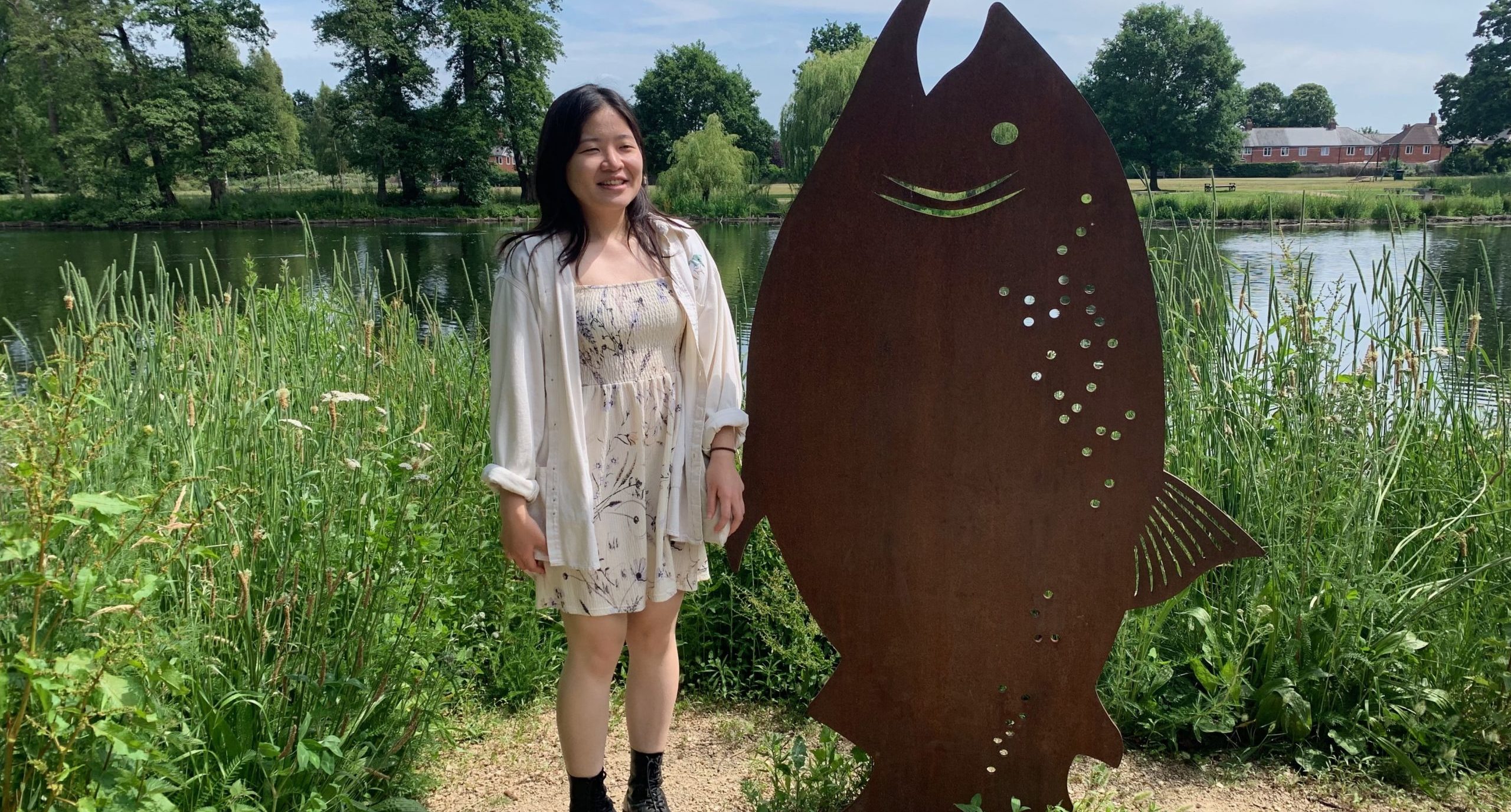Our world-leading environment and sustainability research underpins a wide range of postgraduate programmes. In our Meet our Alumni series we hear from graduates of our MSc courses within the Graduate School of Environment and Sustainability and learn about their experiences at the University of Exeter, Cornwall. Today we hear from Ziyi Low who graduated from our MSc Applied Data Science (Ecology and Evolution) course in 2023. Ziyi is now working as Research Statistical Data Scientist for Rothamsted Research.
First off, please give us a bit of background about what made you choose to study Applied Data Science (Ecology and Evolution) with us at the University of Exeter in Cornwall.
My undergraduate course in Ecology and Conservation included a data skills module which I really enjoyed. It helped me realise how important statistics and data science are to ecologists, which led me to consider this as a potential career. The MSc Applied Data Science (Ecology and Evolution) course included the things I was looking for in a master’s programme – modules to develop a diverse skill set in data science and opportunities to further explore the ecological topics I encountered during my BSc. Other deciding factors for me were the programme’s links to the Centre for Ecology and Conservation and Environment and Sustainability Institute, as well as the proximity of the Penryn campus to greenery and the sea.
What did you enjoy most about studying methods to understand data and modelling tools for solving challenges?
One of our modules gave us the opportunity to tackle current real-world challenges set by experts in different fields. Through this, I was exposed to a wide range of data and analysis techniques, including text and image data, which I had never worked with before. We also had the chance to consult with the academics and professionals who work on a variety of topic areas. I particularly enjoyed learning about their work and the datasets they use, understanding their different analysis needs, then picking up the coding and data science methods required to address these.
Do you have any advice for anyone thinking of applying to any of our programmes in Applied Data Science at the University of Exeter?
Once you have a good picture of what the course and campus are like, I would definitely recommend applying if they align with what you’re looking for. There may be instances where you work on topics which are not directly related to your specialism, but this usually involves widening the breadth of your skills, which I have found immensely helpful. If you find yourself struggling to decide which modules to choose, there is always the opportunity to speak with the lecturers or to be put in contact with students from previous cohorts who can help.
The Graduate School of Environment and Sustainability brings together experts from across the spectrum of earth and life sciences, engineering, humanities, social sciences and business. Our programmes are all designed with a focus on developing solutions to global challenges and creating a better future for our planet and its people. Help lead a global Greener, Healthier and Fairer revolution by studying one of our world-leading, interdisciplinary Masters degrees here at the University of Exeter, Cornwall. See our Masters programmes here.

